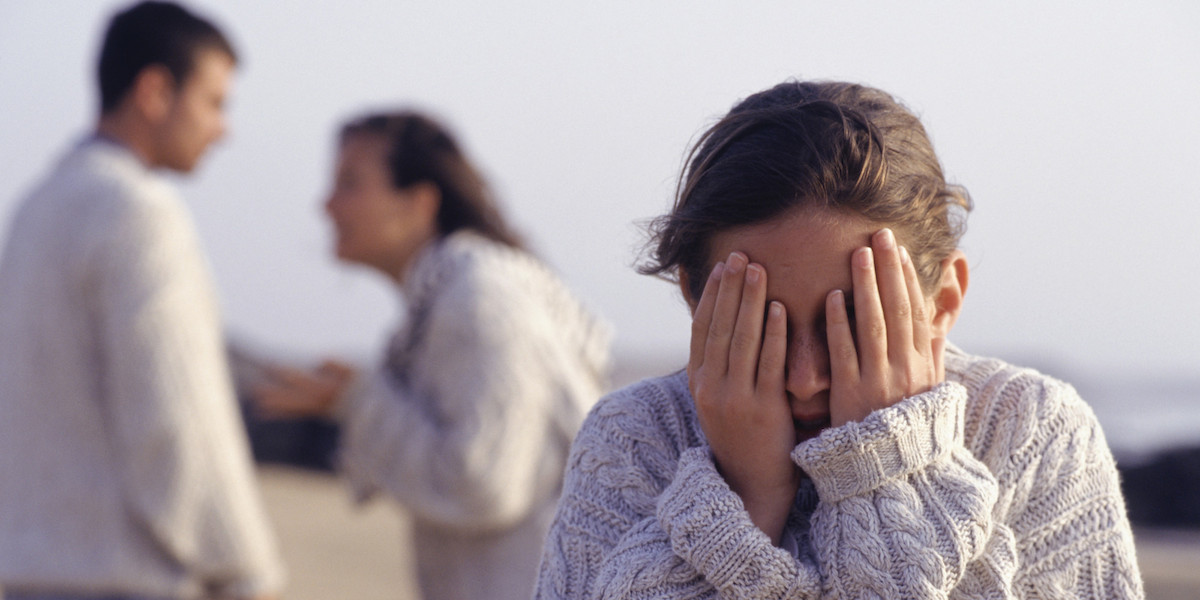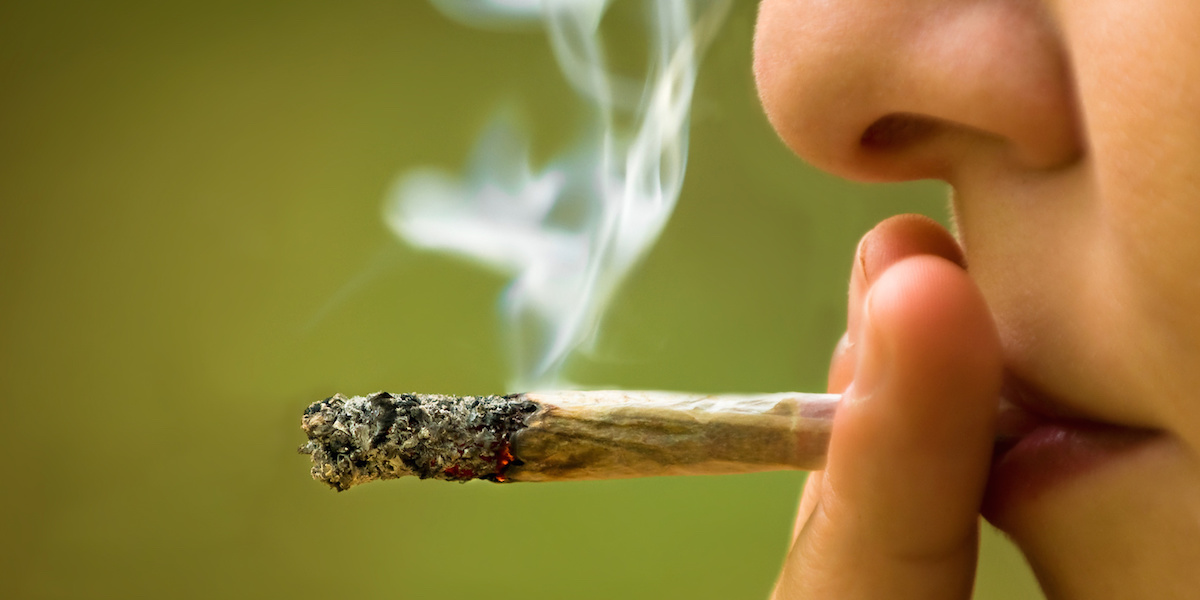
The following is excerpted from an online article posted by News Medical.
One in ten Norwegian adolescents has engaged in deliberate self-harm without intending to commit suicide.
For the first time, researchers have taken an in-depth look at the correlation between stressed parents and self-harming in adolescents.
“The most common form of self-harming is cutting,” said Lars Wichstrøm, professor of psychology at the Norwegian University of Science and Technology (NTNU).
In collaboration with Tove Wichstrøm, an associate professor at NTNU and specialist psychiatric nurse, he has just published a new study on self-harming.
The study shows that the risk of adolescents self-harming increases if they experience their parents yelling or being negative or hostile toward them from an early age.
The study also shows that there are five times as many girls who self-harm compared to boys. In most cases, parents are unaware that their children are self-harming.
In the study, the researchers followed 759 children from the age of four to adolescence. When the children were six years old, they were asked how they perceived their interaction with their parents.
The study shows that one in ten teenagers had engaged in deliberate self-harm without intending to commit suicide, while three per cent had such persistent and frequent self-harming that it met the criteria for self-harm disorder.
The parents were also interviewed when the children were six years old and when they reached adolescence.
The researchers found that children who described their parents as negative and hostile had an increased risk of engaging in self-harm during adolescence.
The researchers also found that children whose parents reported stress in their parenting role had an increased risk of engaging in self-harm during adolescence.
The study did not investigate general stress among the parents, but stress specifically related to the parenting role.
“It may involve stress related to lack of time, many new responsibilities, the child’s needs affecting the parents’ relationship, the child not validating the person as a parent, or difficulties in establishing a good connection with the child. Some parents also find tidying up toys or dealing with other practical tasks stressful,” added Lars Wichstrøm.
Both researchers highlight the importance of parents becoming aware of their own stress and negativity at an early stage, and how this affects the child and the parent-child relationship.
Source: News-Medical
https://www.news-medical.net/news/20250626/Study-shows-the-correlation-between-stressed-parents-and-self-harming-in-adolescents.aspx

 Teen Loneliness Triggers ‘Reward Seeking’ Behavior
Teen Loneliness Triggers ‘Reward Seeking’ Behavior  The Hidden Mental Health Danger in Today’s High-THC Cannabis
The Hidden Mental Health Danger in Today’s High-THC Cannabis  Early Smartphones May Scar Young Minds
Early Smartphones May Scar Young Minds